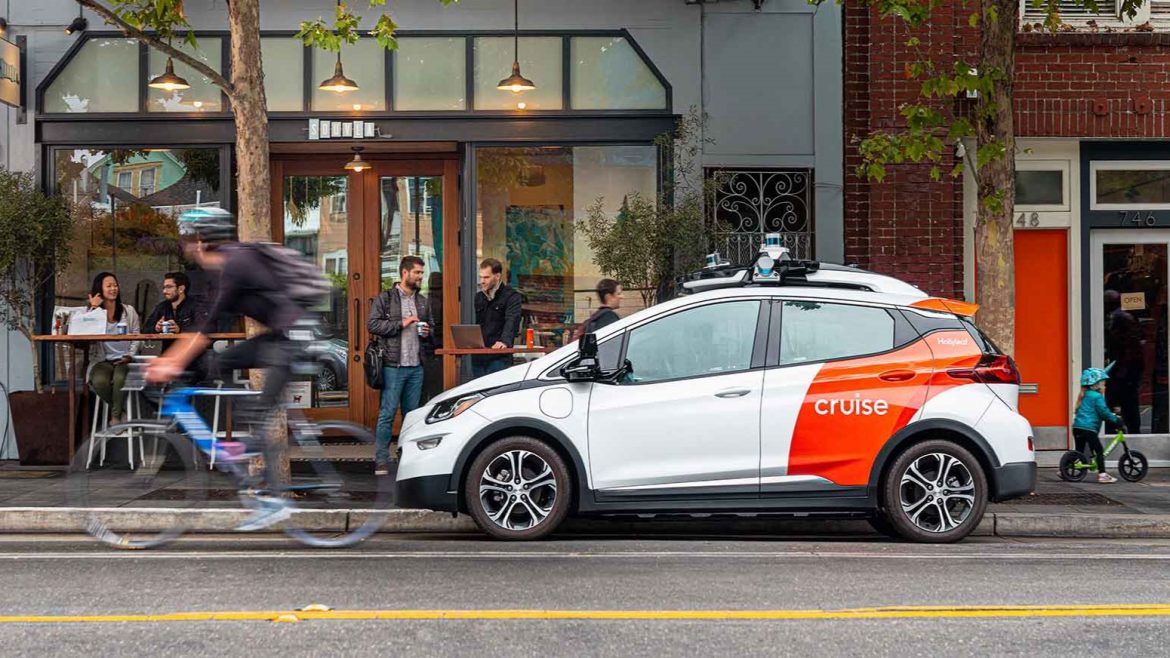California lawmakers and labour unions have joined forces to demand tighter regulations on autonomous vehicles, particularly concerning the operation of self-driving trucks without human drivers. The call for increased oversight follows a series of high-profile accidents involving autonomous vehicles (AVs) from major tech companies, raising significant safety concerns within the state.
Recent incidents, including the torching of a Waymo robotaxi during Chinese New Year celebrations and a collision involving a Waymo vehicle and a cyclist, have underscored the need for robust legislation to ensure the safety of autonomous transportation systems. Moreover, a tragic accident involving a GM Cruise robotaxi, which struck and dragged a pedestrian, has further intensified calls for regulatory action.
The chaos surrounding robotaxis in San Francisco, exacerbated by these accidents, has prompted state lawmakers to introduce two bills aimed at imposing stricter controls on autonomous vehicle operations. Senator Dave Cortese, sponsor of one of the bills, emphasised the urgent need for legislative intervention in light of recent safety lapses. The proposed legislation not only aims to regulate the deployment of AVs but also seeks to grant cities greater authority over permits for autonomous vehicles and enforcement of related laws, a responsibility currently held solely by state regulators.
Another bill, supported by State Assembly member Cecilia Aguiar-Curry, mandates the presence of a trained human driver behind the wheel of self-driving vehicles weighing over 10,001 pounds, a classification that includes commercial trucks. This measure is seen as a practical safeguard to ensure human oversight until the technology matures and adequate safety protocols are in place.
The reintroduction of the truck bill, previously vetoed by Governor Gavin Newsom, reflects renewed efforts to address safety concerns surrounding autonomous vehicle deployment. Despite opposition from some quarters, including tech companies and proponents of autonomous technology, the proposed legislation enjoys support from the Teamsters union, which has long raised alarm over the safety hazards and potential job losses associated with AVs.
Peter Finn, a vice president at the Teamsters, emphasised the need for external regulation, citing the recent accidents involving Cruise and Waymo vehicles as evidence of the technology’s unreadiness for widespread deployment. The union’s stance aligns with the broader push for increased oversight and accountability in the autonomous vehicle industry.
While tech companies play a significant role in California’s economy, concerns over safety and public welfare take precedence. However, some industry stakeholders argue that excessive regulation could stifle innovation and hinder technological progress in the burgeoning AV sector.
Waymo and Cruise, the companies at the centre of recent incidents, face scrutiny from regulators and law enforcement agencies. While Cruise has admitted to mishandling the October accident and is cooperating with investigations, Waymo has yet to respond to calls for increased regulation and safety measures.
As the debate over autonomous vehicle regulation intensifies, Governor Newsom’s office remains cautious, stating that any proposed legislation will be evaluated on its merits. With autonomous trucks becoming an increasingly integral part of transportation networks, striking a balance between innovation and safety remains a paramount concern for policymakers and industry stakeholders alike.



